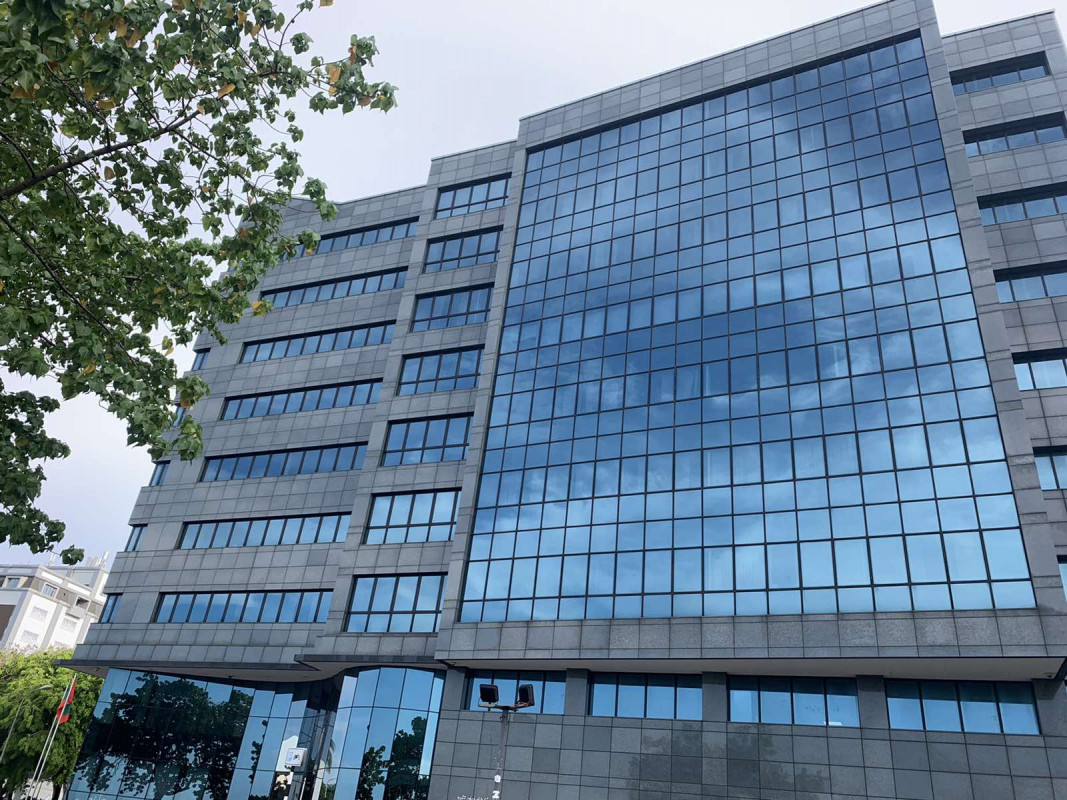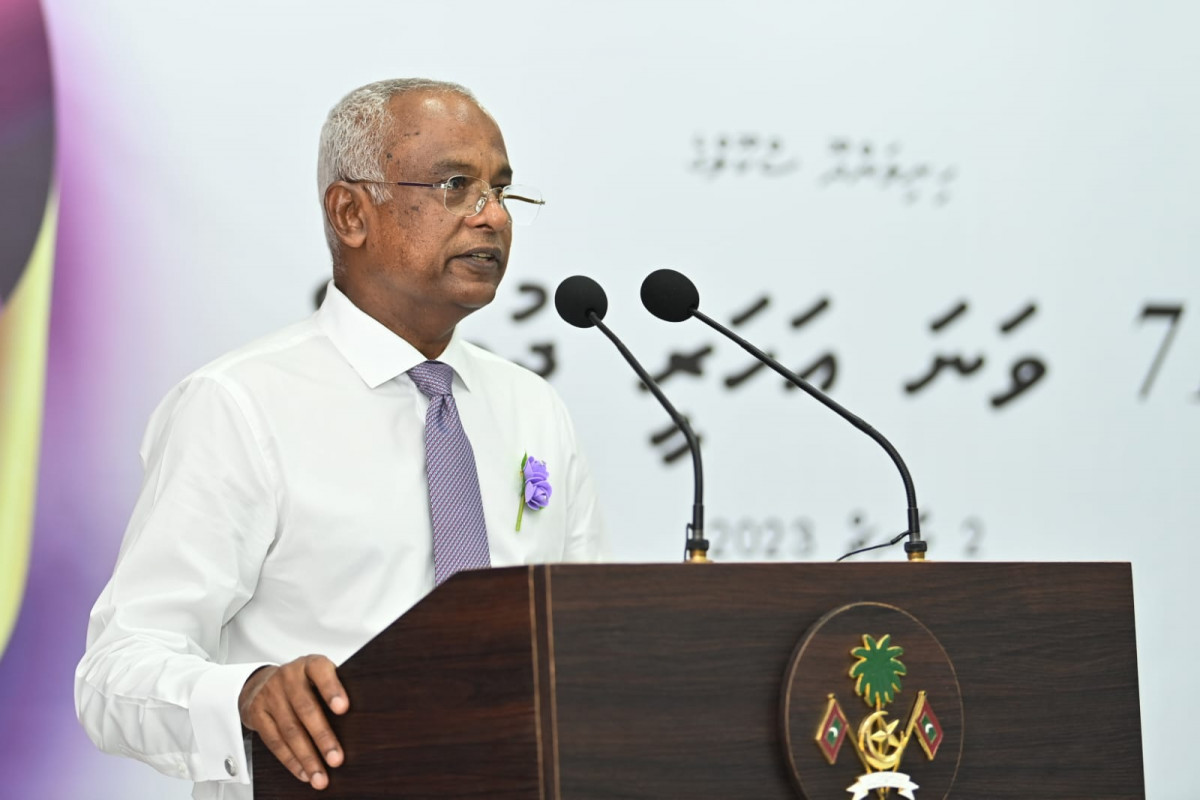State expenditure records increase of MVR 1bn, totaled MVR 8.5bn during Q2
TGST increased by MVR 384 million, owing to the robust performance of the tourism sector during the quarter


Maldives Monetary Authority (MMA)
The government’s total expenditure excluding debt amortization, recorded an increase of MVR one billion in annual terms and totaled MVR 8.5 billion during the second quarter of 2022.
This was announced by the Maldives Monetary Authority (MMA) in its quarterly economic bulletin for the third quarter of 2022, publicized on Thursday.
Highlighting that this rooted from a massive increase in recurrent expenditure which posted an annual growth of MVR 730.1 million as well as with an increase in capital expenditure.
MMA revealed that the rise in recurrent expenditure was steered by a significant rise in administrative and operational expenses, almost “entirely” due to increased expenditure on grants, contributions and subsidies.
Further, MMA noted that within this category, a significant proportion on expenditure came from subsidies which grew by MVR 614.2 million, while grants to councils also saw a massive growth.
The authority stated that the substantial rise in expenditure on subsidies can “partly” be attributed to rising global oil and food prices, which has led to an additional burden on the government budget, amid delays in implementation of the policies envisioned to reduce such expenditure.
Further, capital expenditure observed an increase of MVR 290.1 million, mainly owing to higher expenditure on infrastructure assets together with an increase in development projects and investment outlays, despite a decline in spending on capital equipment and loans.
MMA goes on to reveal that the hike in infrastructure assets primarily reflected the increase in spending for quays, ports and airports, and expenditure on land as well as buildings, which increased by MVR 196.4 million and MVR 162.6 million respectively.
Excluding grants, the government’s total revenue increased by MVR 2.5 billion during the second quarter of the year, when compared with the same period in 2021, totaling MVR 6.7 billion at the end of the quarter.
According to MMA, this resulted from a significant increase in tax revenue as well as the hike in non-tax revenue, which in turn mirrors the upturn in economic activity, fueled by the development of the tourism industry.
In this regard, tax revenue, which accounted for 73 percent of the total revenue during this period, registered a marked increase of MVR 1.9 billion in annual terms, with the increase in tax revenue during the quarter being spread across all major revenue sources, with revenue from business and property tax observing the largest increase during the quarter.
This category sees business profit tax (BPT) accounted for the largest increase recording a growth of MVR 523.0 million, mainly reflecting the base effect of the extensions given on the deadline of these taxes in the second quarter.
A sizeable growth in other major revenue sources including the tourism goods and services tax or TGST, GGST and import duties followed this.
TGST increased by MVR 384 million, owing to the robust performance of the tourism sector during the quarter.
Highlighting that the positive spill-over effects from the tourism sector were carried into the domestic economy as seen by significant growths in the collection of GGST and import duties, mirroring the increase in domestic economic activity with higher demand and higher imports, MMA noted that that the positive momentum in the tourism sector was further observed in the collection of airport service charges and green tax.






